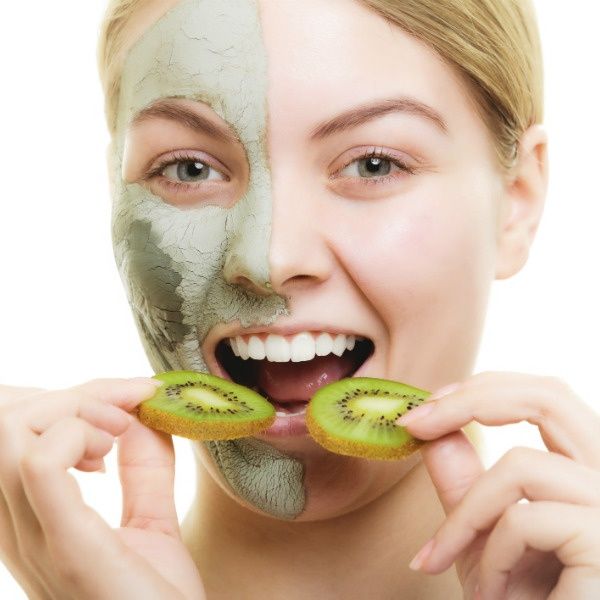Hormonal acne is a common skin condition that affects many individuals, particularly during adolescence and adulthood. While hormones play a significant role in the development of acne, adopting a healthy diet can help improve hormonal imbalances and reduce acne breakouts. In this comprehensive guide, we will discuss the essential elements of a hormonal acne diet, including what to eat and avoid to promote clearer skin.
Focus on Whole Foods:
When it comes to improving hormonal acne, a diet based on whole foods should be your primary focus. These foods are minimally processed and provide a wide range of essential nutrients that support overall skin health. Incorporate plenty of fresh fruits, vegetables, whole grains, lean proteins, and healthy fats into your diet.
Consume Antioxidant-Rich Foods:
Antioxidants help combat inflammation and oxidative stress, both of which can contribute to acne flare-ups. Include foods such as berries, leafy greens, tomatoes, and bell peppers, which are rich in antioxidants like vitamins A, C, and E.
Increase Omega-3 Fatty Acids:
Omega-3 fatty acids have anti-inflammatory properties and can help reduce acne-related inflammation. Include sources of omega-3s in your diet, such as fatty fish (salmon, mackerel, sardines), walnuts, flaxseeds, and chia seeds.
Choose Low-Glycemic Index Foods:
Foods with a high glycemic index (GI) can cause a rapid spike in blood sugar levels, leading to increased insulin production. This can contribute to hormonal imbalances and acne breakouts. Opt for low-GI foods like whole grains, legumes, and non-starchy vegetables, while reducing the consumption of refined carbohydrates, sugary snacks, and processed foods.
Incorporate Probiotics:
Probiotics are beneficial bacteria that promote a healthy gut microbiome. They help optimize digestion and reduce inflammation, potentially improving acne symptoms. Include fermented foods like yogurt, kefir, sauerkraut, and kimchi in your diet to increase your probiotic intake.
Stay Hydrated:
Adequate hydration is crucial for maintaining healthy skin. Drinking plenty of water helps flush out toxins and supports proper skin function. Aim for at least eight glasses of water per day and reduce the consumption of sugary beverages and alcohol.
Limit Dairy Consumption:
Some studies suggest that dairy products, particularly those with high levels of hormones, can contribute to acne development. If you notice a correlation between dairy consumption and acne breakouts, consider reducing or eliminating dairy from your diet. Opt for dairy alternatives like almond milk, coconut milk, or soy milk.
Avoid Trigger Foods:
Certain foods may trigger acne breakouts in some individuals. While triggers can vary from person to person, common culprits include processed foods, sugary snacks, caffeine, and high-fat foods. Pay attention to your body’s reactions to different foods and eliminate or reduce those that seem to worsen your acne symptoms.
Balance Hormones with Cruciferous Vegetables:
Cruciferous vegetables, including broccoli, cauliflower, kale, and Brussels sprouts, contain compounds that help balance hormone levels in the body. These vegetables contain indole-3-carbinol, which assists in metabolizing and eliminating excess hormones. Aim to include a variety of cruciferous vegetables in your diet regularly.
Manage Stress Levels:
- Stress can worsen hormonal imbalances and lead to increased acne breakouts. Incorporate stress-management techniques into your daily routine, such as meditation, deep breathing exercises, regular physical activity, and adequate sleep. These practices can help regulate hormone production and reduce the likelihood of acne flare-ups.
- Remember, dietary changes alone may not completely cure hormonal acne, as other factors like genetics, skincare routine, and lifestyle habits can also contribute to its development. It is essential to consult with a dermatologist or healthcare professional for personalized advice and treatment options.
- In conclusion, adopting a hormonal acne diet can be a beneficial step in managing and improving acne symptoms. Focus on consuming whole foods, antioxidants, omega-3 fatty acids, and low-glycemic index foods while limiting dairy consumption and avoiding trigger foods. Additionally, incorporating probiotics, cruciferous vegetables, and stress-management techniques can further support hormonal balance and promote clearer skin. Remember to consult with a healthcare professional for individualized guidance and treatment options specific to your needs.

